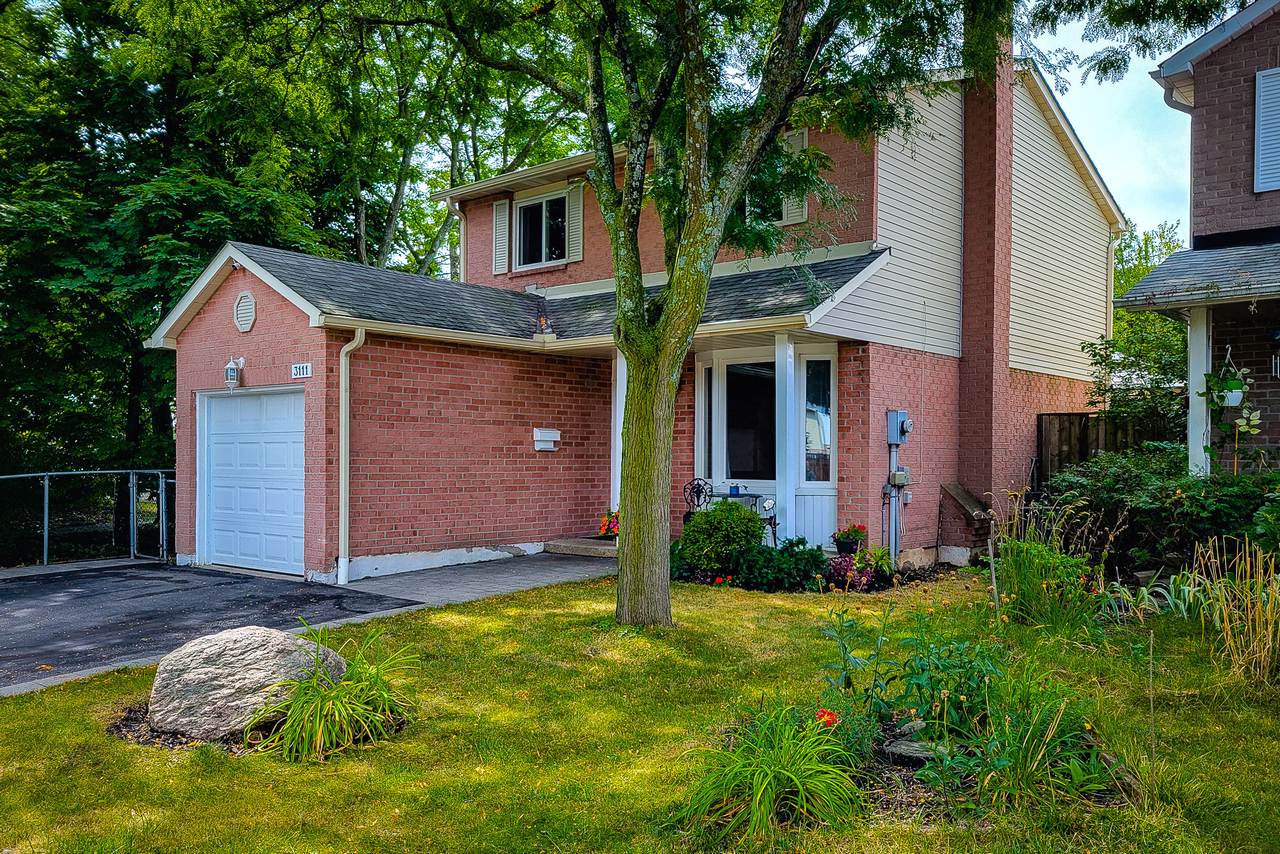What is a deposit and how much is typical?
Want to win the house? Here’s exactly what a deposit is and how much you should put down.
Quick definition: What is a deposit?
A deposit (earnest money deposit) is the cash a buyer puts down when presenting an offer. It proves you’re serious. The deposit is held in trust—usually by the listing brokerage, the seller’s lawyer, or your lawyer—until closing or until the contract ends.
Typical deposit amounts (clear, practical ranges)
- Canada (resale homes, especially Ontario/Toronto): 5% of the purchase price is standard. For example, on a $800,000 home, a $40,000 deposit is common.
- Competitive markets / condos: Buyers sometimes offer 1%–3% if they can’t afford large deposits, but 3%–5% looks stronger.
- United States: Earnest money commonly runs 1%–3% of the purchase price; hot markets can push that higher.
- New builds: Deposits are staged (e.g., 5% at signing, 5% at a construction milestone, balance on closing).
Use these as rules of thumb, not laws. Local norms change fast. Ask your local agent for recent examples.

Industry standards and legal points to know
- The deposit is part of your down payment at closing, not an extra fee.
- It’s held in trust and should be receipted. Never hand cash without a formal receipt and trust account details.
- Whether it’s refundable depends on the contract conditions (financing, inspection, title). If you waive conditions and later fail to close for a non-permitted reason, you may forfeit the deposit.
Simple negotiation tactics that win deals
- Lead with certainty: Bigger deposits catch sellers’ attention. If you can afford 3%–5%, you’ll stand out against 1% offers.
- Use staged deposits: Split payments (e.g., $5,000 at offer, balance in 5–10 days) can bridge affordability and impact.
- Tie deposit timing to conditions: Offer the deposit upfront but tie its release to conditional waivers—this protects you while showing seriousness.
- Flex on completion dates: Sometimes a quick close matters more than a huge deposit. Ask the seller what they value.
- Get it in writing: Exact amounts, where it’s held, and refund triggers must be in the offer.
Red flags and final rules
- No receipt or unclear trust arrangements: walk away.
- Vague condition language: insist on clarity.
- For new construction, read the staged deposit schedule carefully; developers often require non-refundable portions.
If you want offers that win without overpaying, deposit strategy matters. Use deposit size, timing, and contract clarity as negotiation tools—not just cash gestures.
Need local, no-nonsense advice? Tony Sousa is a top market negotiator and can tailor a deposit strategy for your price range and neighborhood. Contact: tony@sousasells.ca | 416-477-2620 | https://www.sousasells.ca





















